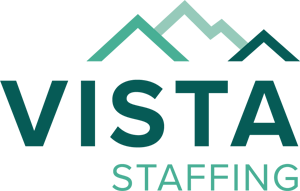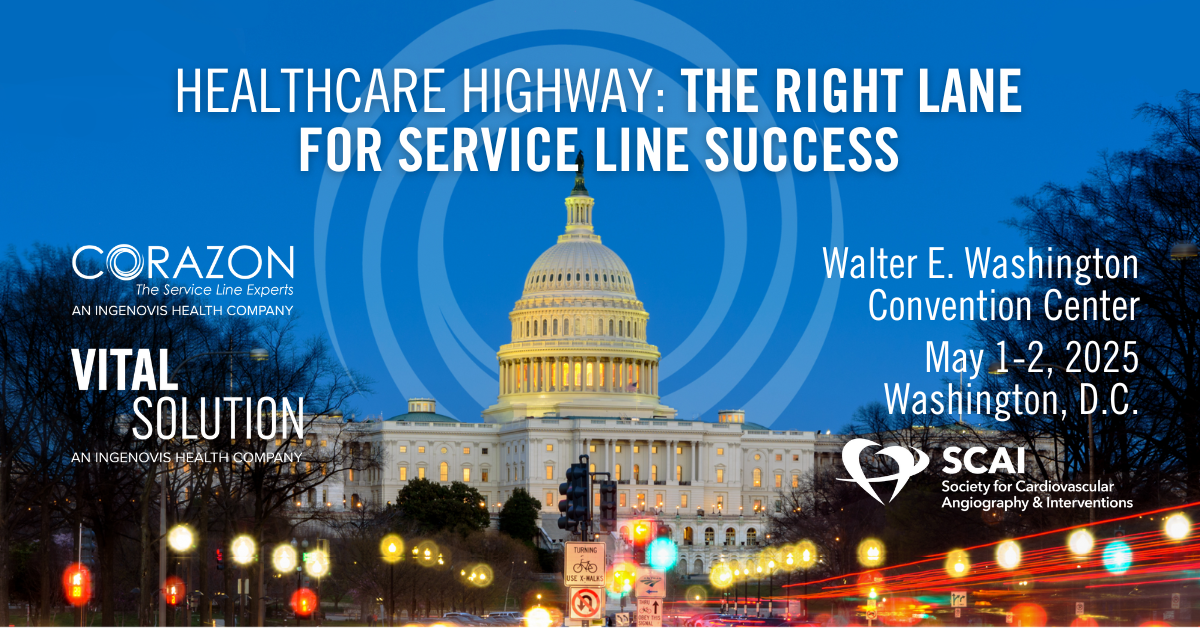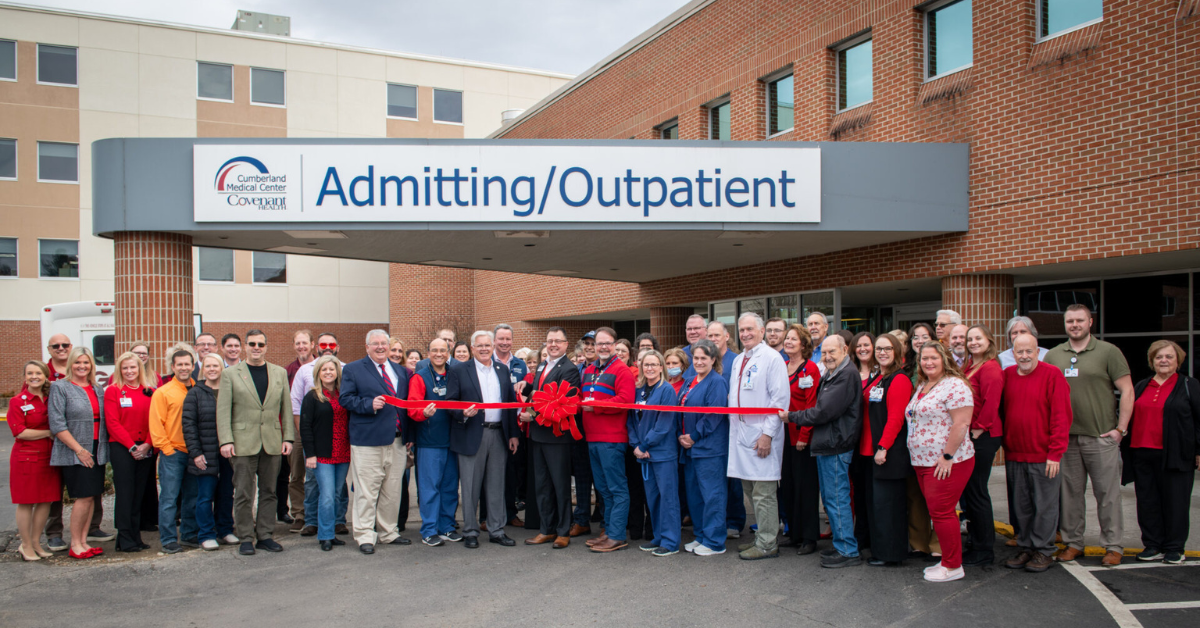
Ways to Deal with Student Loan Debt (Even When You’re a Healthcare Professional)
Most healthcare professionals, including physicians, nurses, and technologists, graduate from their respective programs with a significant amount of student loan debt. In fact, according to data from the Association of American Medical Colleges (AAMC), 76-89% of medical school graduates had an average of over $203,000 in education debt – and that’s just for med school, and doesn’t factor in undergraduate loans or personal debt. It also doesn’t count loans for specialty education, like those possibly needed for residency and fellowships to become an interventional cardiologist. That’s a serious amount for anyone to process, and financial uncertainty can impact mental health in a big way.
Check out this TEDx Talk from Jaz Burgess about mental health and student loan debt:
Factors to Consider to Help Loan Repayment Work Harder for You
Most healthcare professionals take classes in anatomy, physiology, and even bedside manner – but maybe not financial health. But that doesn’t mean you can’t learn something new. Student loan repayment can be made better by taking stock of your finances and taking steps to pay down your debt in a way that makes the most financial sense for you.
There’s no single solution that’s perfect for everyone, but you could consider the following options:
- An income-driven student loan repayment plan
- Consider debt consolidation or refinancing loans
- Make extra payments toward loan debt
- Evaluate your budget (and choose to live below your means)
Doing all this hard financial work might feel daunting, especially if you’re heading into it with anxiety already. So consider working with someone who’s an expert in the field and can help lead the way.
See a Specialist: Take Steps to Improve Your Financial Health with Expert Help
The average time to repay student loans from med school is 13 years, according to data from the AAMC and the Bureau of Labor Statistics. But it doesn’t always take that long.
“According to a 2019 survey from staffing agency Weatherby Healthcare,” notes NerdWallet, “35% of doctors paid off their loans in fewer than five years. They did this via strategies like making extra payments and refinancing student loans. Of the doctors who still had loans, the majority expected it to take at least 10 years to finish repayment.”
You don’t want to spend a decade (or more) making your mental health (and finances) worse by ignoring student loan debt. Here are some ways to get started paying it off:
- Talk to a financial planner or counselor who is familiar with the medical field.
This person would understand exactly the types of challenges you have with your field, and how to best help you make plans to control your finances. You can find a financial advisor through services provided by your state, via online searches or personal recommendations to get additional information. As always, you want to check any advisor’s experience with healthcare professionals and their certifications before working with them. - Work with a tax accountant to ensure you have a plan for paying taxes and loans.
Most physicians who work with VitalSolution are independent contractors, which means you’ll be responsible for paying quarterly estimated taxes at the federal and state level. However, VitalSolution also has a partnership with a tax services group that provides full-time physicians with a one-stop-shop tax solution. They offer a range of benefits and services designed specifically for 1099 physicians to help them keep more of their hard-earned money each year. Their services range from LLC and FEIN setup to tax prep and filing for personal returns. - Remember that you should make a plan, but you can also adjust the plan as life changes.
Don’t expect your financial plan to be a “set it and forget it” deal. Keep regular appointments – just like a regular doctor’s checkup – to ensure your financial plans are on track and don’t need a tune-up.
“Above all, a financial advisor should serve you in a way that’s human-centered – not unlike the way a doctor treats a patient,” said Julia Bartak, an Edward Jones financial advisor. As a guide for your finances, an advisor “should understand the nuances of working in the medical field, such as running a medical practice, insurance, retirement options and more.”
Consider Career Earning Potential in Your Financial Planning
When planning your finances, it’s important to consider the earning potential of your specific healthcare profession. Salary ranges can vary depending on factors such as the work setting and other considerations. For example:
- Nurses: Nursing salaries can vary depending on the level of education, experience, specialization, and geographical location. It’s important to research salary ranges specific to your nursing field and take that into account when planning your financial goals.
- Technologists: Similar to nurses, the salary range for technologists can vary based on factors such as specialization, experience, and location. Research the earning potential for your specific tech role to better understand your financial prospects.
According to a 2018 analysis by Wolters Kluwer, physicians working in a hospital setting vs. private practice can see a difference in salary – dependent on many factors.
“According to a 2018 Medical Economics report, physicians working in private practice make, on average, $301,000 annually. Physicians working for inpatient hospitals typically make $278,000, and doctors employed in nonprofit hospitals earn roughly $228,000. What you actually make, however, can depend on many factors, including your patient volume, reimbursement rates, hospital revenues and other expenditures,” they note.
In addition to compensation, there are more benefits that come with working through VitalSolution. With traditional full-time employment at a hospital, physicians are often burned with excessive admin work and work long hours. With VitalSolution’s model, we employ Field Operations Managers (FOMs) who act as the middleman so to speak for the physician and the hospital client. They can handle many of the requests that hospitals typically send their physicians which allows our doctors to just focus on providing exceptional care to their patients.
Increased Income Helps Repayment Go Faster
When you’re paid better for your work, you’ll have the financial freedom to plan for emergencies, retirement, pay down high-interest debt (like credit cards), and other needs. Nerd Wallet points out you should have these stopgaps in place before you accelerate your education loan repayment plans – or take on new debts.
VitalSolution pays well for the cardiology field. While cath lab RN and tech jobs usually pay between $3,400 to $3,600 weekly, clinicians can also increase their earnings through performance bonuses.
Interventional cardiologists also earn more than the median salary in their area of expertise in cities where we operate. Many VitalSolution interventional cardiologists are now earning more than $600,000 per year (for what amounts to about six months of work).
No matter what path (or paths) to student loan repayment you take, it’s important to consider your finances today, and not tomorrow. Use all the tools available to you in order to make a smart, informed decision about your finances. And don’t be afraid to ask for help!
 company
company 
 (866) 755-7519
(866) 755-7519












